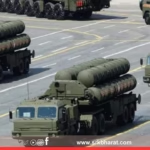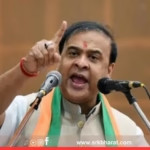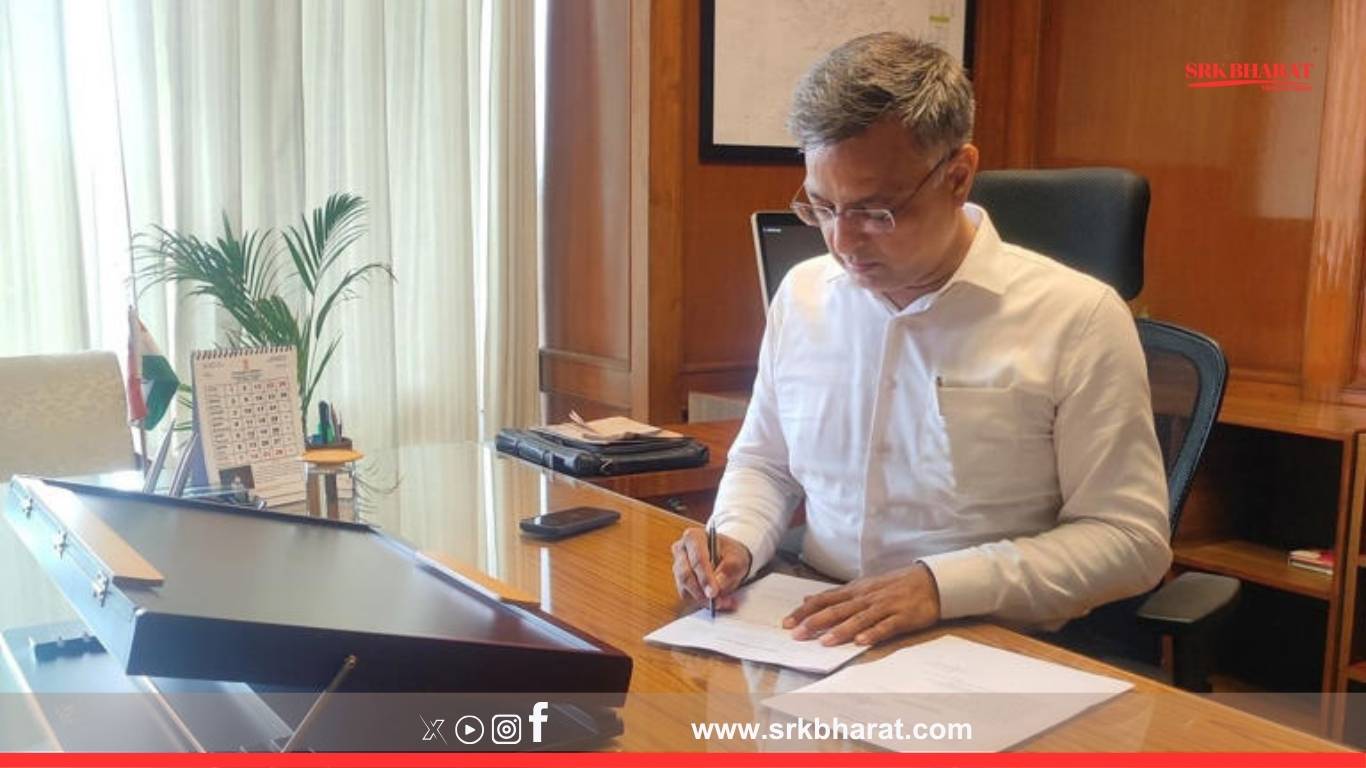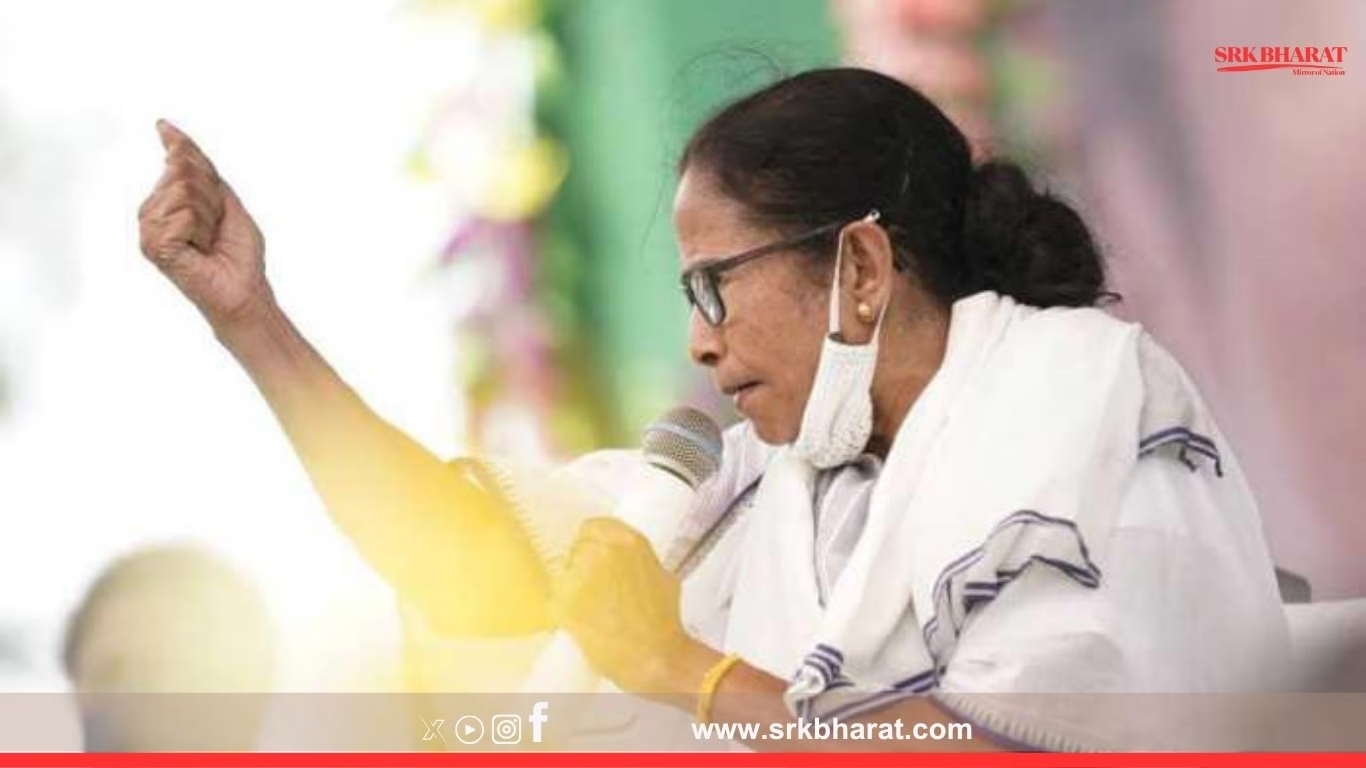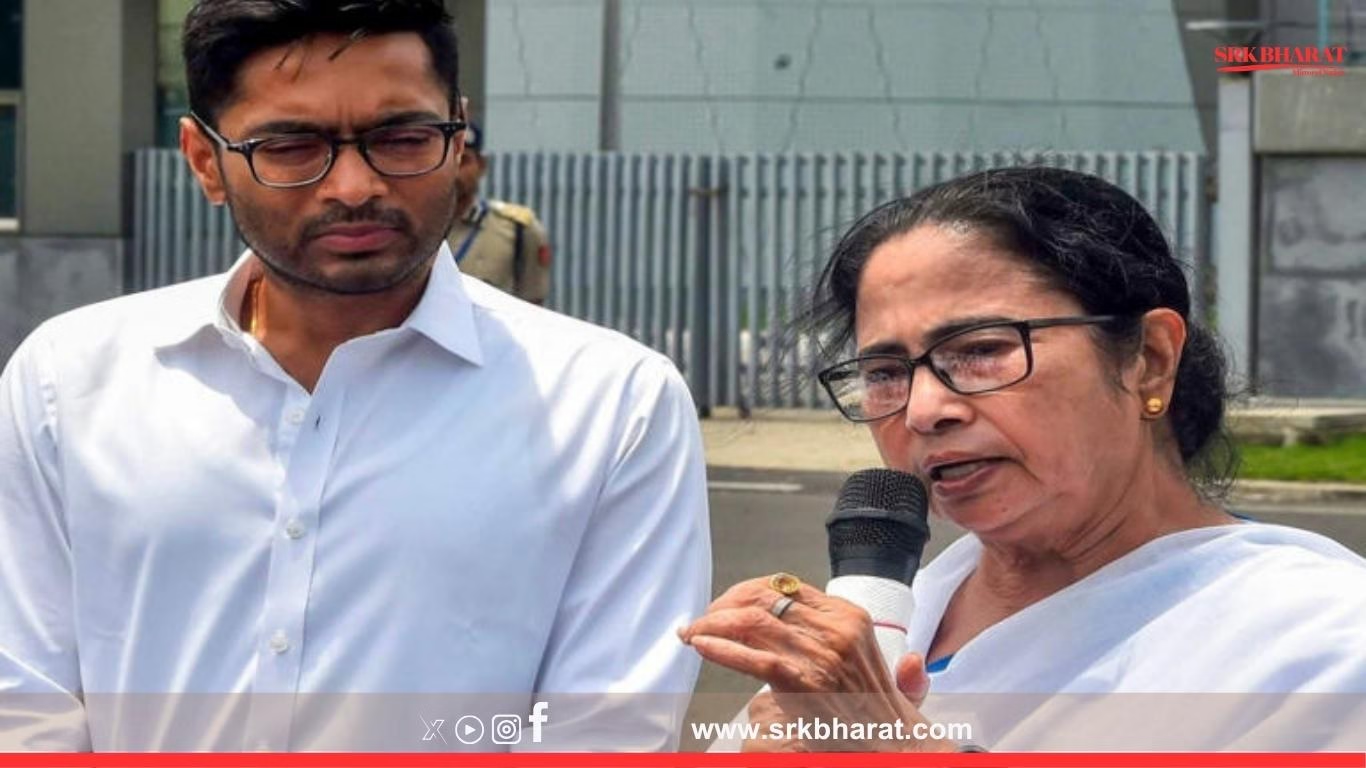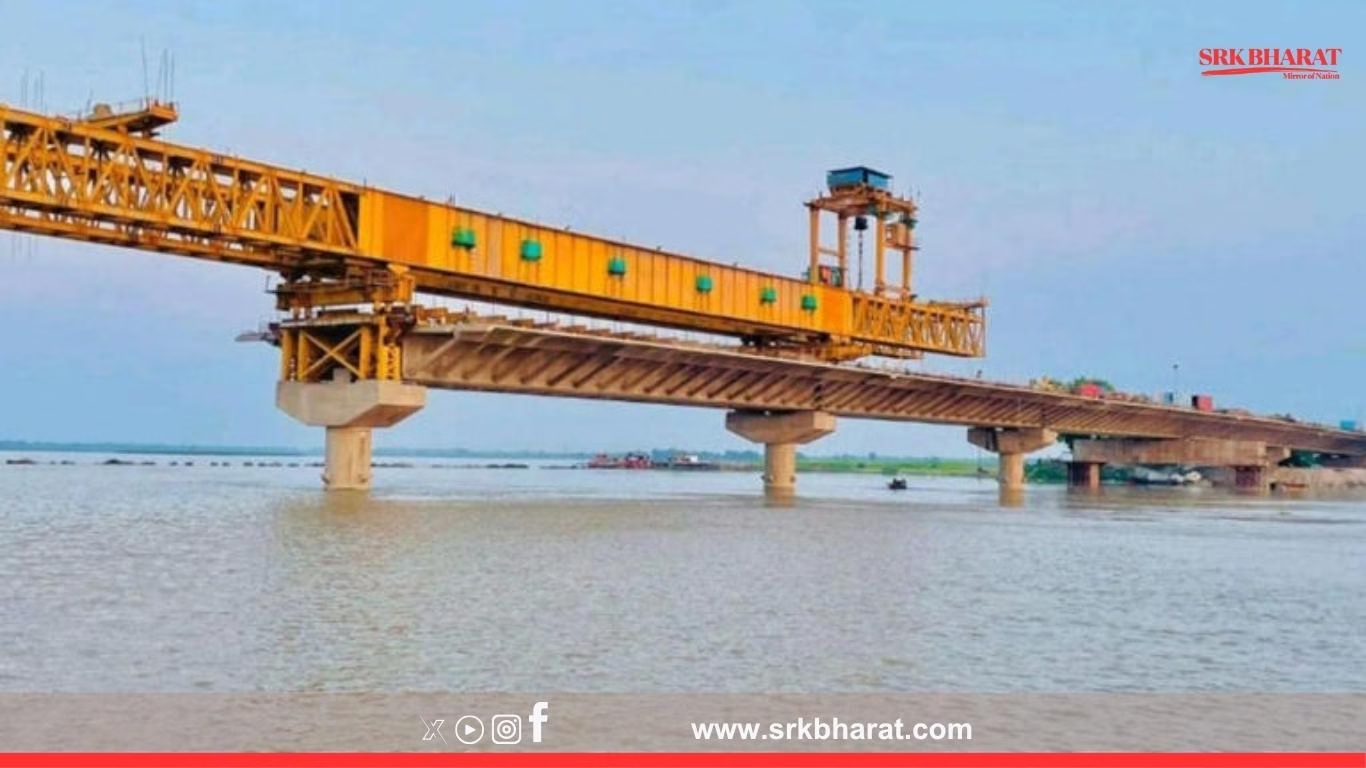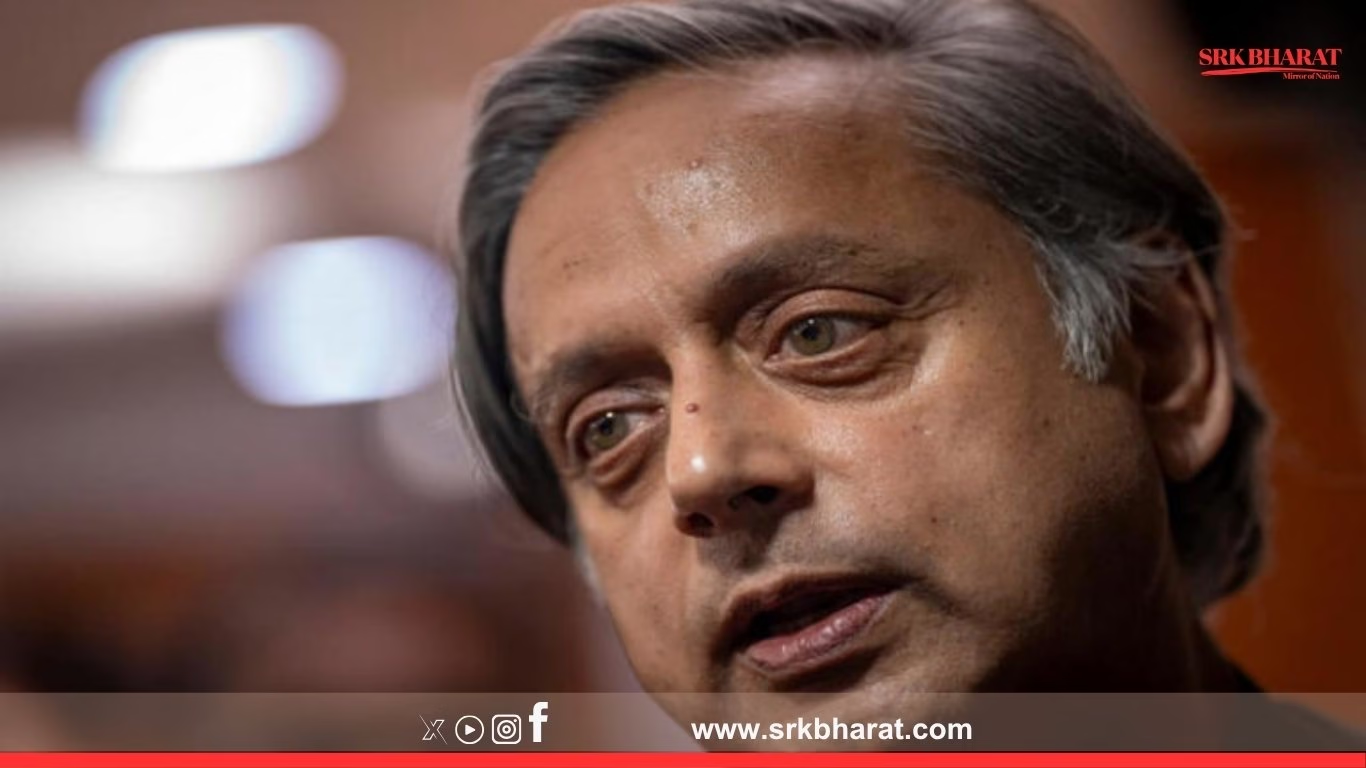A candid LinkedIn post by Ajitabh Sharma, a 1996-batch IAS officer and newly appointed Principal Secretary (Energy), Rajasthan, has gone viral for its sharp critique of India’s bureaucratic work culture. In his post titled “Core Work Over Chaos”, Sharma laments that over 80% of an IAS officer’s time is consumed by non-core tasks, leaving little room for impactful governance.
🗂️ Bureaucracy vs. Governance: Sharma’s Central Argument
- Sharma describes routine administrative duties—meetings, HR issues, RTI replies, and interdepartmental correspondence—as “non-core work”
- He argues that these tasks, while necessary, overshadow the department-specific missions that truly drive public service outcomes
- “Getting buried under non-core work might make you feel like an expert administrator, but it drags down service delivery in the long run,” he wrote
🔄 A Personal Resolution to Flip the Script
- Having taken charge of the Energy Department, Sharma pledged to dedicate 80% of his time to core responsibilities
- He emphasized the need for deep engagement with sectoral challenges, such as energy infrastructure, policy reform, and innovation
- “Handling the core work of the department successfully is a true contribution to the organisation and society,” he added
💬 Public Reaction and Policy Circles Respond
- The post has resonated widely among bureaucrats, policy professionals, and civil society, sparking discussions on administrative reform
- One user commented, “Your clarity of thought and honest reflection on the real challenges of governance is truly refreshing”
- Others praised Sharma for “looking inward before looking outward”, calling it a rare quality in leadership
📌 Why It Matters
- Highlights the need to streamline bureaucratic processes and refocus on mission-driven governance
- Encourages a culture of accountability and sectoral expertise within India’s civil services
- Serves as a wake-up call for administrative reform, especially in high-impact departments like energy, health, and infrastructure
🔁 Share this article to join the conversation on transforming India’s governance from procedural overload to purposeful action.





